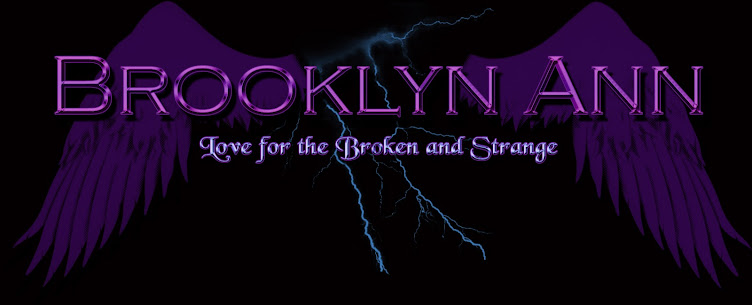In the past 30 days I've read and critiqued 3 manuscripts. In return, my buddies have been working on mine as well. One thing I've learned from doing this is that it helps me to become a better writer. Many of the errors and mistakes I've found in my buddies' stories are often found in my own. Now when my buddies and I go through each other's work we go through it all the way, which means we point out spelling, punctuation, and grammar issues as well as add comments and feedback within the text. Over the course of my reading I've spotted enough patterns to merit two blog posts.
Part One: Common Errors in Spelling, Grammar, and Punctuation.
1.) Its vs. It's. Its = belonging to it. It's = It is. Example: It's the biggest one I've ever seen! Its girth is terrifying! (Hey, I'm a romance author. Of course that's the first thing that came to mind.)
2.) Loose vs. Lose. Loose= opposite of tight. Lose = loss of something. Your corset is loose. Your girls may lose their support.
3.) Your vs. You're Your = belonging to you. You're = you are. Ex: Hey, hot guy, you lost your shirt. You're making my tummy flutter.
4.) Each other = 2 words. I had a nasty habit of making it one. Please say I'm not alone!
5.) Questions end with question marks! I blame JR Ward for this one. For some reason her characters turn their questions into demanding statements to emphasize how manly pissed off they are...or something. It worked for a bit but got old fast. "What are you doing." = wrong. "What are you doing?" = no headache.
6.) Plural nouns vs. Names anding with S. For some reason a lot of people want to treat a main character with a name ending with "S" as a plural noun, which is incorrect. Proper use: Silas's breath caught at the girls' incredible music. Wrong: Silas' breath caught...etc.
7.) Commas and the word "then." I don't know anyone, including myself that hasn't had an issue with this. There is no comma before then! Ex. She filled the pitcher then carried it to the table. NOT She filled the pitcher, then carried it to the table. Don't ask me why that's wrong, it just is. (HEY, DEAN, IF YOU ARE READING THIS, PLEASE TELL US WHY, OH FELLOW NERD PAL!)
8.) Proper punctuation with dialogue. This is was a disease I had until a wonderful beta cured me. Wrong: "Blah blah blah." He said. Right: "Blah blah blah," he said.
I know there's tons more, so please feel free to chime in! Next time I'll focus on structural issues.


the ,THEN is the only one i'm guilty of. i usually catch my you're/your ones in editing. but it took a while to get there
ReplyDeleteBrooklyn,
ReplyDeleteI found this as I always have a prob with it. And I quote:
Some writers will say that the -s after Charles' is not necessary and that adding only the apostrophe (Charles' car) will suffice to show possession. Consistency is the key here: if you choose not to add the -s after a noun that already ends in s, do so consistently throughout your text. William Strunk's Elements of Style recommends adding the 's. (In fact, oddly enough, it's Rule Number One in Strunk's "Elementary Rules of Usage.") You will find that some nouns, especially proper nouns, especially when there are other -s and -z sounds involved, turn into clumsy beasts when you add another s: "That's old Mrs. Chambers's estate." In that case, you're better off with "Mrs. Chambers' estate."
I am VERY bad about the 'comma, then' thing as well.
I'm wondering if the controversy of the proper noun s thing comes from there being different rules in British usage. Any one around from across the pond to enlighten us?
ReplyDeleteI'm glad you're learning by critiquing. Teachers find that they learn aspects of what they thought they knew by the teaching of it to others. Have a great weekend, Roland
ReplyDeleteHey, everyone, the almighty Dean just informed me that ",then" is wrong because it creates a comma splice.
ReplyDeleteHi, Roland, welcome!
but on the bright side, you have 3 betas! Those are as rare as leprechauns.
ReplyDeleteI got another one for you that I see way too much of then being confused with than. Then is an adverb denoting time, than is a conjunction of comparison.
ReplyDelete